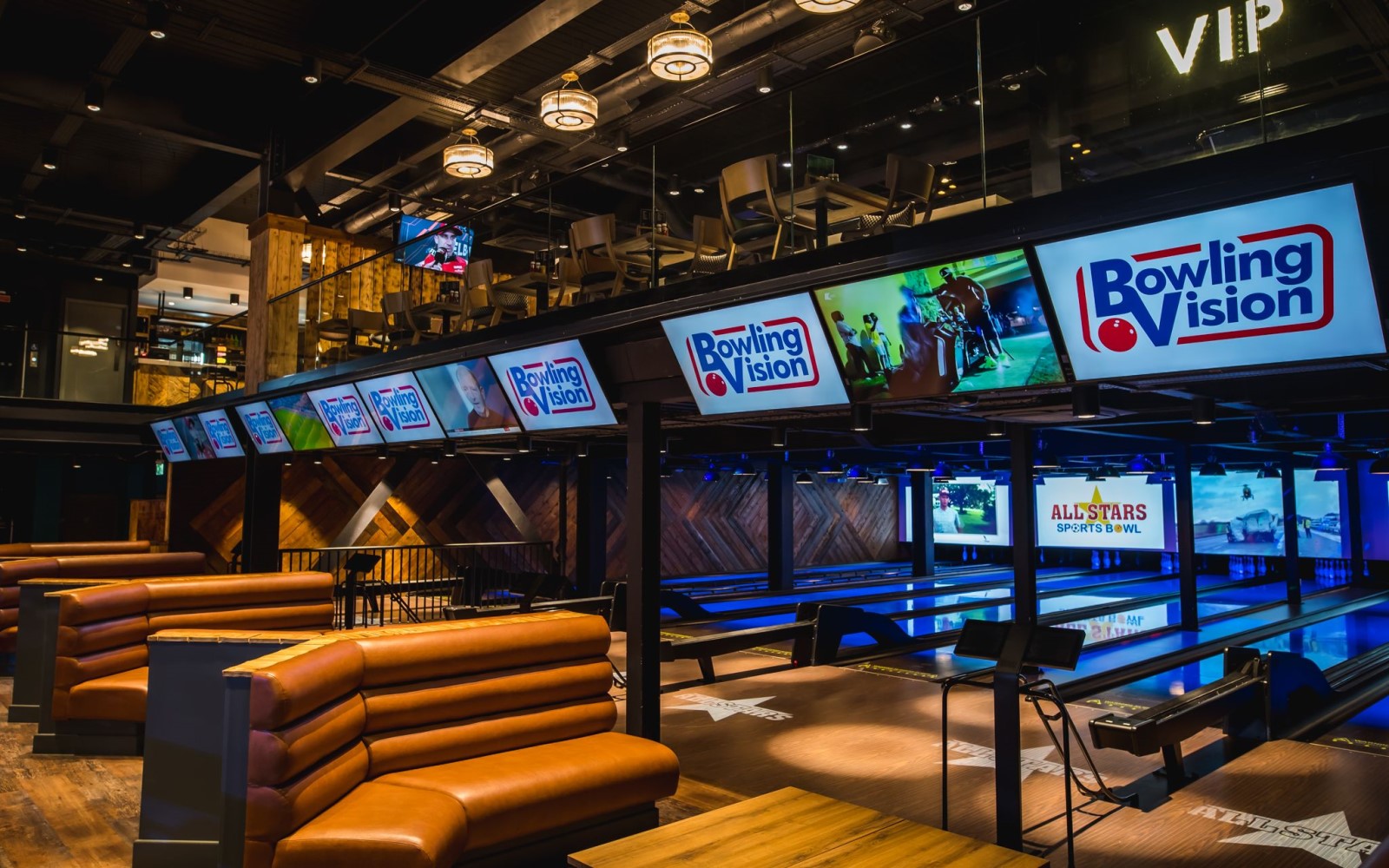The success of your weekend, your peak trading, is directly impacted by your mid-week planning and preparations. In this post we examine some of the main areas where you can make significant impact through efficient preparation allowing for a smooth and enjoyable weekend shift.
Failing to invest time, effort and resources during the week may result in last-minute issues, detracting from the customer experience and causing unnecessary stress for staff and managers. The last thing you want is to have your party host dashing off to the shop because no-one can find a pen that works or your shift manager being bogged down completing accident report forms because accident prevention hasn’t been managed effectively.
The Ultimate Goal
The aim of this strategy is to create working practices which allow peak-trading to run with minimal issues. If your duty manager is able to spend their day greeting guests at the reception desk with a coffee in their hand, jumping on the second computer to ease booking-in pressure at high-peak times or supporting a new member of the team, then you’ve prepared well. If your team enjoy working the weekend shift and your venue is full of happy customers then you’ve prepared even better. Of course, the goal is not to allow the shift manager to sit in the office all day. There is a great deal of mentoring, customer satisfaction management and observation of processes which should be undertaken from the shop floor.
Staff Management
Staff inductions and training should all be conducted mid-week. Off-peak times allow managers to spend quality time with staff ensuring they have all the skills and knowledge required to work independently and in line with Health & Safety directives and licensing regulations. It is advisable to allow new staff to experience off-peak trading for their first few shifts, so that there is time to address any additional training needs. Certainly, the peak trading sessions are no place for trial shifts!
Quieter, mid-week shifts are more suitable for dealing with feedback to staff and behaviour management. Your managers and team members will be more likely to communicate better away from the pressure of a peak-trading shift.
During the week managers should also take the opportunity to review and update policies and procedures and carry out any repairs or system modifications, informed by the experience from weekend trading and fed back during the Monday weekly managers’ meeting. This will need to be communicated to team members prior to their next shift, so that any questions can be discussed and to ensure all staff are working towards the same goal.

Accident Prevention and Maintenance:
Initial preparation
If this isn’t currently your practice you will need to conduct a thorough audit and create checklists of all the checks which should be undertaken during the week. You could break this down into two segments of checks: Tuesday for all equipment and building standards and Wednesdays for consumables & cleaning product stocking levels, at the same time as placing the weekly stock orders.
It is recommended that the allocated member/s of staff spends Tuesday working through the checklist and using the results to either immediately fix issues or to add to the rolling jobs list. Undertaking the checks early in the week allows time for ordering / arranging visit by qualified technician / fixing & testing / purchasing of new equipment.
Equipment Checks (Tuesday)
The list below is a starting point for areas which should be audited.
Bowling
- Pinsetters – operating correctly
- Bumpers – operating well from the desk, no bent legs, loose pins or missing circlips
- Ball returns – hoods secure, running smoothly, ball moves easily through the return
- Gutter blocks, access panels etc – secured in place
- Balls – clean, free from damage & sufficient number
- Masking panel – lights all working, no broken bulbs
- Monitors – displaying correctly and dust free
- Player Input Tablets/Key pads – working properly and secured
- Ball Ramps – one per pair, secure and with rubber aps in place
To reduce down-time during trading we strongly encourage you to enter a service agreement which will ensure your bowling equipment and lanes are maintained in good working order. Get in touch with us to discuss.
Kitchen
- All equipment tested – cooking, refrigeration, preparation and washing
- Printer working
- Enough printer paper available (note: as impact paper used in the kitchen is different from that used elsewhere in the venue stocks should be located on an appropriately labelled shelf)
- Stores replenished

Bar
- Till system working correctly and all products present with correct pricing
- Line clean completed, cellar to correct temperature and beer dispense to temp
- Fridges at correct temperature and closing well
- Printers working
- Printer paper
Customer Seating Area
- All tables are sturdy and not damaged
- All chairs are sturdy & not damaged
- Sufficient bins – clean & emptied
Toilets
- Flushes working
- Doors closing and locking
- Toilet roll holders locking & filled
- Soap dispensers working & filled

Parties
- Food orders received & passed to kitchen
- Check allergens
- Build run sheet – assign hosts, build rotas – including breaks for hosts
- Allocate rooms
- Check consumables – napkins, table covers, party bags
Consumables & Staging Checks (Wednesday)
- Ball Ramps: in correct position
- Balls: evenly shared round the lanes
- Till roll: check all consumables are in place and extra till rolls are located within reach of the till.
- Till roll: check all consumables are in place and extra till rolls are located within reach of the till.
- Consumables: restocked (sauces, napkins etc)
- Bins: emptied
- Toiler rolls: refilled & holders secured – part used rolls can be transferred to staff toilets, not thrown away
- Soap dispensers: filled & cleaned
- Bins: emptied
- Lanes: pre-enter names
- Guest experience: check hosts know details e.g. name of host parent & birthday child
- Rooms: laid out ready for next party
To conclude:
The key to maximizing peak trade lies in meticulous planning, thorough maintenance, and effective delegation of responsibilities. By adopting a proactive mindset and implementing the strategies outlined above, venues can not only survive but thrive during their busiest times. A weekend at the lanes can be wonderful fun for not only your customers, but your team too. Effective preparation will not only improve the safety of your venue, reducing accidents, but ultimately will allow your peak trading to run seamlessly and enjoyably for customers and staff alike.
You might also benefit from these articles:
- Strike up friendships and create community: How to run coffee mornings
- Keeping your good staff – principles of effective team management
- You might feel like your bowling centre is busy, but is it really?
- Bowl together – benefits of starting a fun bowling league
- Unlock the power of effective lane management to positively impact your revenue
- How to increase your off-peak usage through concessions and fundraising






